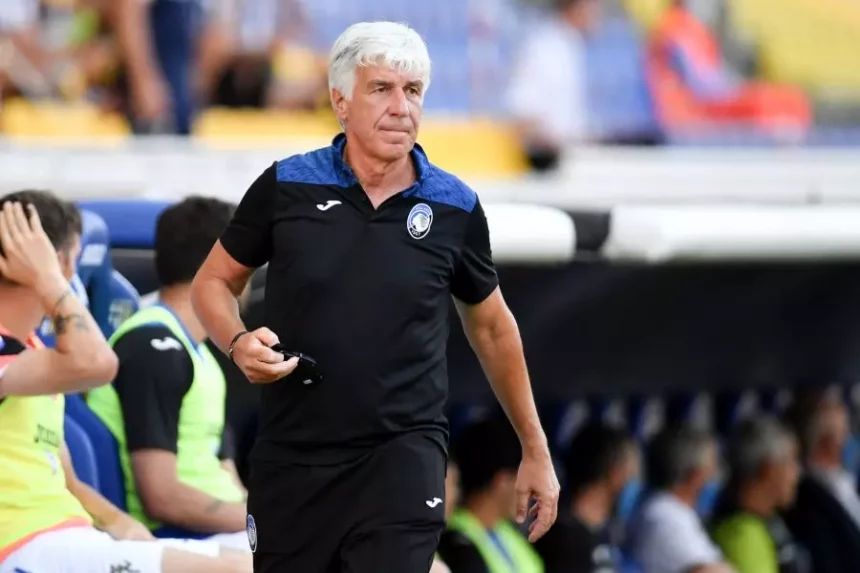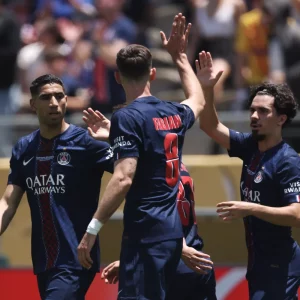AS Roma’s new coach Gian Piero Gasperini, 67, praised the performances of Paris Saint-Germain at a press conference, a club he sees as a symbol of modern soccer. He underlined PSG’s team spirit, capable of shining despite the departures of stars such as Lionel Messi, 37, Neymar, 33, and Kylian Mbappé, 26.
Gasperini “In modern soccer, you attack and defend”.
“In modern soccer, you attack and defend. It’s the team spirit that counts. What we’re seeing at PSG is extraordinary. The club has lost (Lionel) Messi, Neymar, (Kylian) Mbappé and it’s doing things it’s never done before in its life. Even if he keeps some strong, hand-picked guys, I think that’s what soccer is all about.
Gasperini “Football is changing at a speed we don’t realize, you have to be strong, abroad they are strong”
Napoli, who won the Scudetto, also did it as a team,. There could have been a stronger team or not, but it was a team. Soccer changes at a speed we don’t realize, you have to be strong, abroad they are strong. We haven’t managed to win the Champions League in Italy since 2010. Maybe we need to get rid of certain clichés and start looking at things from a different angle. What works is something else. So I think we need to move in that direction.”
Since Paris Saint-Germain’s victory in the Champions League, praise has been pouring in from all over Europe, illustrating an unprecedented level of recognition for the club from the capital. Opponents, often beaten with authority, have not hesitated to hail PSG’s superiority, highlighting the team’s intensity, competitiveness and aggressiveness under Luis Enrique.
Pep Guardiola, beaten along the way, acknowledged PSG’s collective strength and tactical intelligence, while players like Virgil van Dijk (33) were impressed by the individual quality and commitment of the Parisian squad.
Even opposing coaches, such as Arne Slot and Unai Emery, called PSG the best team in Europe, praising the metamorphosis of a club once perceived as arrogant into a team respected and admired for its values and collective play. This recognition now goes beyond the sporting arena: it consecrates the cultural transformation of PSG, which has become a model of cohesion and high standards, and marks a turning point in the club’s perception on a European scale.



